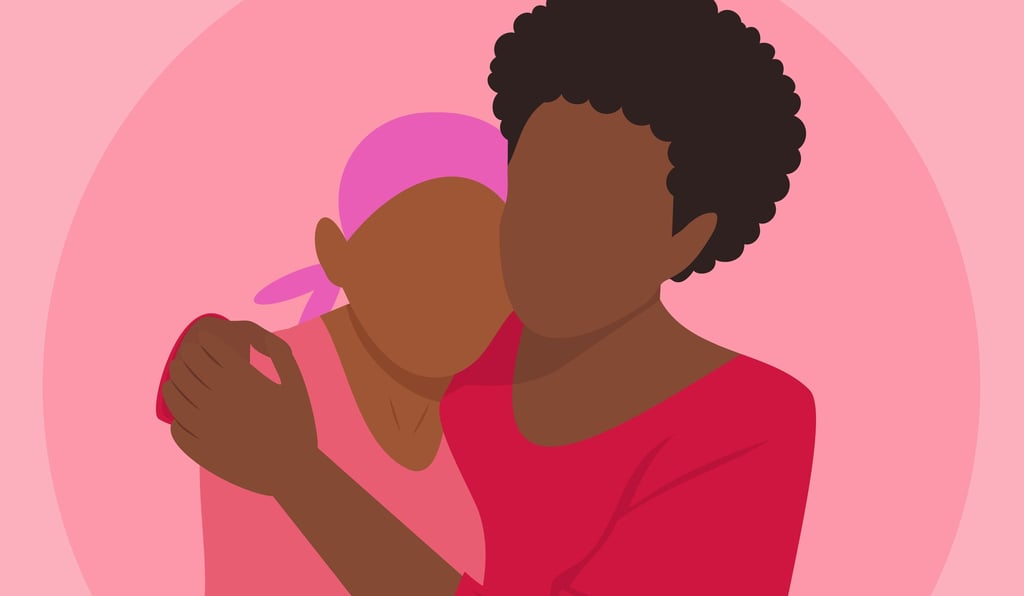Praise Song for the Caregivers
Caregiving is undervalued, yet it is a necessary sacrifice in society.
Rochelle Brandon, MD
5/16/20253 min read


Care is the first thing we receive and the last thing we need. From the moment we begin life, we rely on the hands, hearts, and labor of others to survive. Needing care is a universal human experience—none of us escapes it. Yet in our culture, caregiving is undervalued, overlooked, and largely invisible, despite being the silent infrastructure holding up families, communities, and civilization.
The Unseen Backbone of Society
Caregiving—whether it’s feeding an infant at 3 a.m. or helping older adults navigate the maze of healthcare—is relentless work. It is physical, emotional, and bureaucratic. It’s bottles, baths, bills, diapers, medications, doctor visits, and mountains of paperwork. It involves advocating with institutions that are often indifferent, valuing processes over people. It translates love into daily, often exhausting labor.
We tend to relegate caregiving to the background, treating it as a private matter rather than a public concern. But that’s a dangerous illusion. Without caregivers, the world wouldn’t work.
The Weight on Women’s Shoulders
While caregiving is everyone’s need, its labor disproportionately falls on women. Despite progress in gender roles, women still carry the “double shift”—working paid jobs only to return home to unpaid caregiving. With delayed childbearing, many women now care simultaneously for aging parents and young children. Some are even raising grandchildren. The quiet grace with which they manage these roles too often renders their effort invisible.
This work is unpaid. It’s uncounted in GDP. But it is essential.
Grueling, Graceful Work
Caregiving is hard. It can be thankless. In our culture of toxic individualism, being dependent is often seen as a moral failure. That stigma seeps into caregiving relationships, where care recipients may resist or resent help. And still, caregivers show up—day after day, year after year.
I have witnessed the strain of it. I have lived it.
It’s changing diapers, infant or adult. It’s cooking when you’re exhausted. It’s handling insurance claims, medical records, legal forms, and pharmacy pickups. It’s lifting someone who can’t walk. It’s sleeping lightly, if at all. For those in marginalized communities, it can be even more fraught—when caregiving services aren’t culturally attuned or safe, the burden becomes heavier, and the emotional toll sharper.
I Have Been There
I’ve seen caregiving in its rawest and most beautiful forms. As a child, I watched my grandmothers care for their husbands, and my father and uncles tend to their fathers. My mother and aunts cared for their mothers with tireless love. I have spent my career supporting families through pregnancy, birth, illness, and death. I have “mothered the mothers,” as my patients often say.
Recently, I had the profound privilege of caring for my parents, especially my mother, until her passing. Caregiving has shaped me, personally and professionally. I know its cost; and its grace.
We’re in This Together
Once, families lived close enough to share the load. Today, with geographic distance, smaller families, a tight economy, and demanding jobs, caregiving is more challenging to distribute. Hiring professional help is one option, but shortages, low pay, and high risk of neglect plague that world. Many caregivers feel they must do it all themselves rather than trust underpaid strangers with those they love.
The demographic shift is real. We now have more elderly people than ever and fewer adult children to care for them. Often, those adult children are still raising kids themselves. Caregivers are being stretched to breaking point.
We need to reframe caregiving not as a private burden but as a collective responsibility. Community care, through family, friends, faith groups, workplaces, and public policy, must become part of how we function.
Recognizing the Heart of Humanity
Despite its challenges, caregiving is a source of deep meaning. It connects us and teaches patience, humility, and love. It is not just labor—it is sacred. The joy in caregiving is real and deserves recognition, not just sentimentally but structurally.
We must honor caregiving as essential work, not by commodifying it but by acknowledging its value, supporting those who do it, and telling the truth about who caregivers are and what they carry.
This is my praise song for caregivers—for every mother, father, grandparent, sibling, friend, neighbor, nurse, aide, and stranger who says, “I’ve got you.” For those who bend time and body to ensure someone else is okay.
You are the quiet architects of a more humane world. You deserve more than our thanks. You deserve respect, support, and celebration.
Faith
Explore our faith-based books and webinars.
Prayer
Contact us at: Hello@RochelleBrandon.com
© 2025. All rights reserved.
Learn how to deepen your prayer practice

